Constellation by Adrien Bosc (Serpent’s Tail, £12.99) picks nimbly along the divide between fiction and non-fiction. It’s really a speculative group biography, telling the story of a Air France plane crash in the Azores in 1949, and the lives of the plane’s passengers, mostly (except for a quintet of migrating Basque shepherds) of an appropriately stellar socio-economic stratum.
It does a fair job of knitting the known into the unknown, hopping from seat to seat like a solicitous flight attendant, shifting pace and perspective, throwing some metaphorical flesh on to the bare bones of what remains an unsolved tragedy (astrology, Bergson’s theory of durée, even — somewhat improbably — a boxing match between the ill-starred Flight F-BAZN and the plane sent out by investigators to shadow its last minutes). Bosc trips over the historic present tense from time to time, as almost everyone does who uses it; and his disinclination to use invented material means that the characters aren’t much fleshed out (though there’s a spicy love letter from Edith Piaf to her lover Marcel Cerdan, en route to fight Jake LaMotta in New York). But it’s a book that’s defined by what its author knows to be true; and as a result it never quite — as it were — takes wing.
Private Citizens by Tony Tulathimutte (Oneworld, £12.99) is in some ways the most conventional of these books: the story of a group of recent college graduates embarking on careers — or not — in San Francisco’s tech industries. I could have done with a lot more exposition here, not to mention a little less sex. It’s unclear what most of these people actually do for a living — and I don’t think Tulathimutte intends to leave it unclear for the purposes of satire; he just thinks we should know, or somehow be above caring.
But the book is plainly offered as a political document of a sort — a sketch of the way US millennials, and the only slightly older men and women who employ them, live now. And they’re just awful: needy, rude, dishonest, crippled by self-consciousness to the extent that they can barely use language meaningfully, culturally inert and in general as strong an advertisement for compulsory military service as you could hope to find. Admittedly, they’re awful because they’re unhappy. They are what happens when you take the tube-addled lost children of David Foster Wallace’s 1990s, disburse stupid amounts of money among mediocre people who happen to be able to code or know one end of an SEO algorithm from another (while consigning their contemporaries who don’t to a life hanging by their fingernails above Skid Row), add internet porn on tap and stir well.
Also much preoccupied with gruesomeness — in this case the gruesomeness of uncontrolled bowel movements, decomposing body parts and auto-erotic asphyxia — is Feeding Time by Adam Biles (Galley Beggar Press, £8.99). Yet there’s tenderness and joy in there too. It is set in an old people’s home that’s shockingly run even by the standards of our deregulated age. The book treats its elderly protagonists with imagination and respect, using repetition and dislocation to suggest their disordered mental state, concocting a sort of crazed picaresque whereby the unfolding events at Green Oaks mirror and merge with passages from the Boys’ Own adventure stories beloved of ‘Captain’ Ruggles, the Randle McMurphy of this particular cuckoo’s nest. The lurches of tone and lapses in taste initially made me feel that Biles wasn’t quite in control of his material; but I think there’s a courage there, too, a reluctance to treat his themes with deference or piety, that I found intensely refreshing.
Infinite Ground by Martin MacInnes (Atlantic, £12.99) is the most fully realised of these first novels. Its classy, understated jacket design doesn’t exactly scream Richard and Judy; and sure enough, an epigraph from Clarice Lispector heralds a novel that follows the austere edicts of modernism: few names, not much pack drill. It is a metaphysical police procedural, with lashings of made-up science and a paradoxically vivid sense of place. The metaphysical policeman, aka ‘the inspector’, begins to identify with his (possibly imaginary) quarry, Carlos, with a shamanic intensity that echoes the behaviours of certain microparasites found on the disappeared (but was he ever here?) man’s computer.
This is a book that’s not overly concerned with detail. It’s haunting, oneiric, circling warily around themes of environmental damage and corporate excess in an exotic setting. What marks it out is that the writer has a clear sense of how much he wants to tell us, and how much he wants us to figure out for ourselve
The post A choice of first novels appeared first on The Spectator.
Got something to add? Join the discussion and comment below.
Get 10 issues for just $10
Subscribe to The Spectator Australia today for the next 10 magazine issues, plus full online access, for just $10.
You might disagree with half of it, but you’ll enjoy reading all of it. Try your first month for free, then just $2 a week for the remainder of your first year.


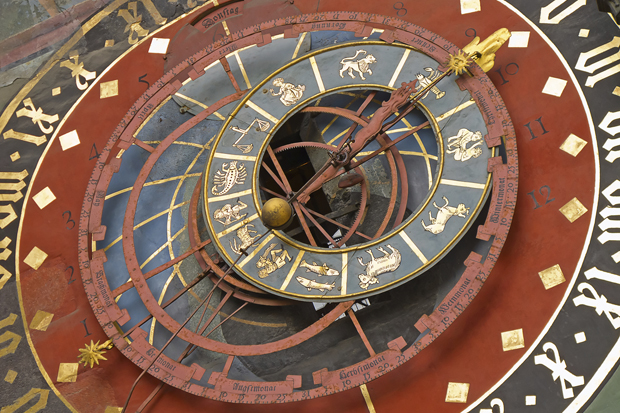
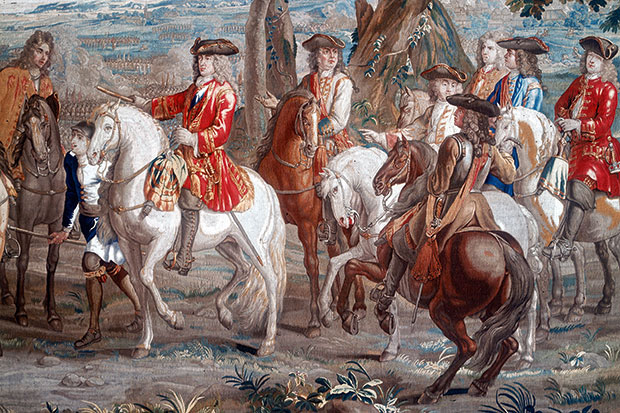
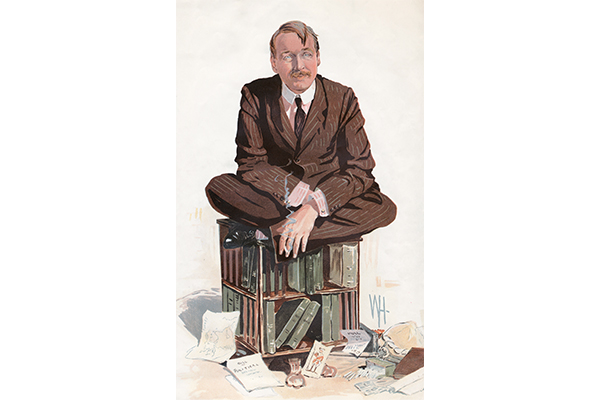
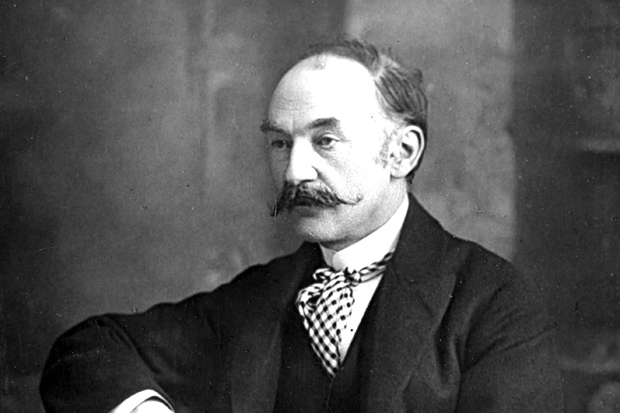
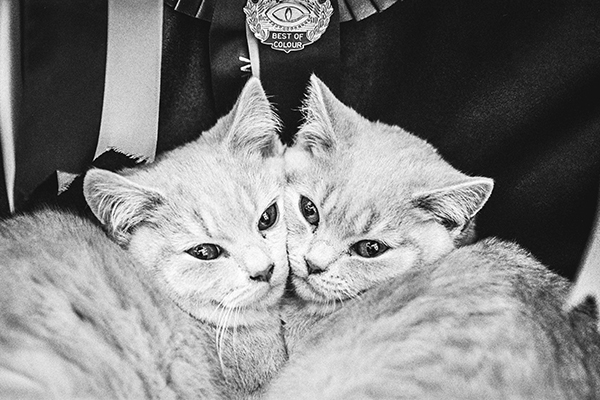







Comments
Don't miss out
Join the conversation with other Spectator Australia readers. Subscribe to leave a comment.
SUBSCRIBEAlready a subscriber? Log in